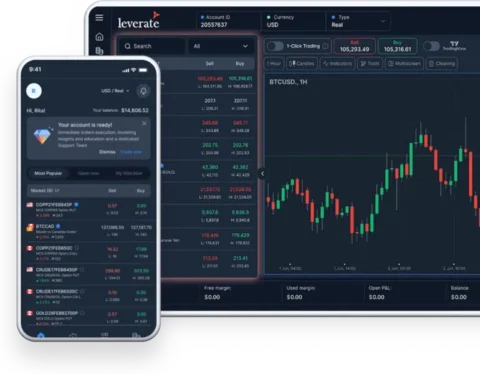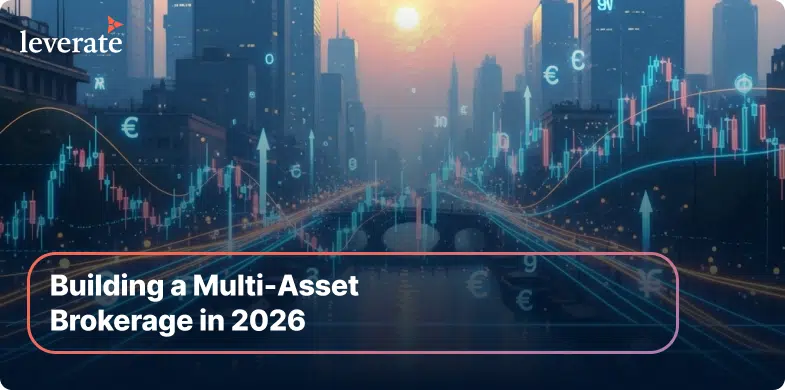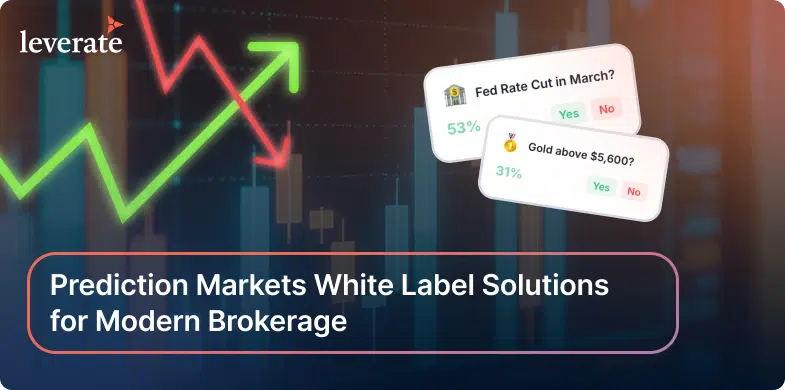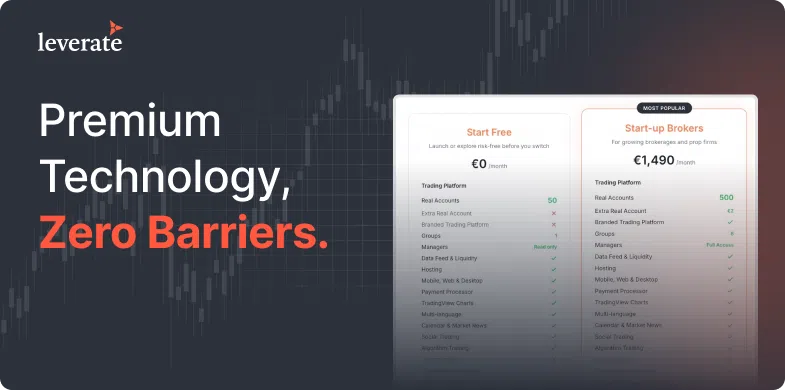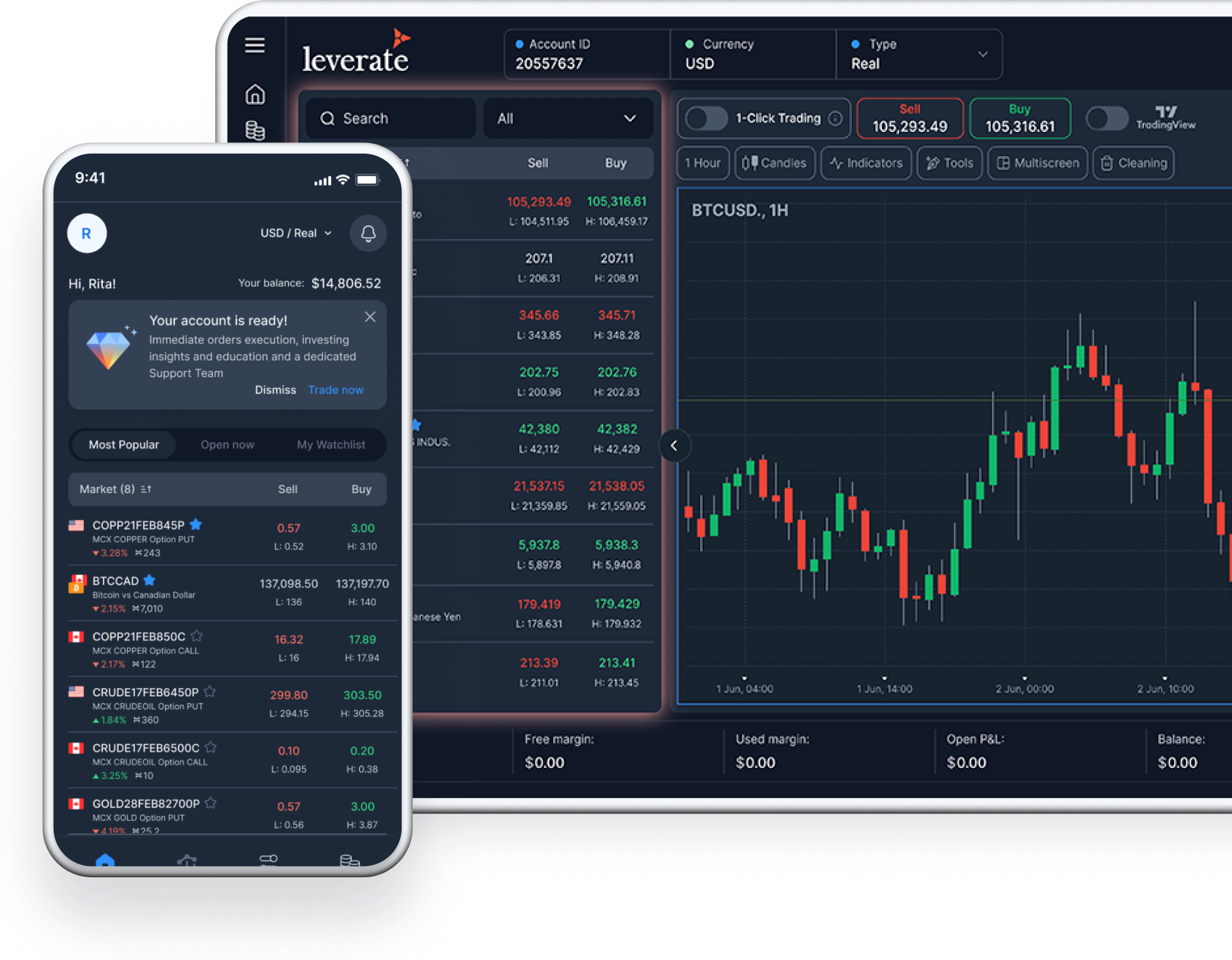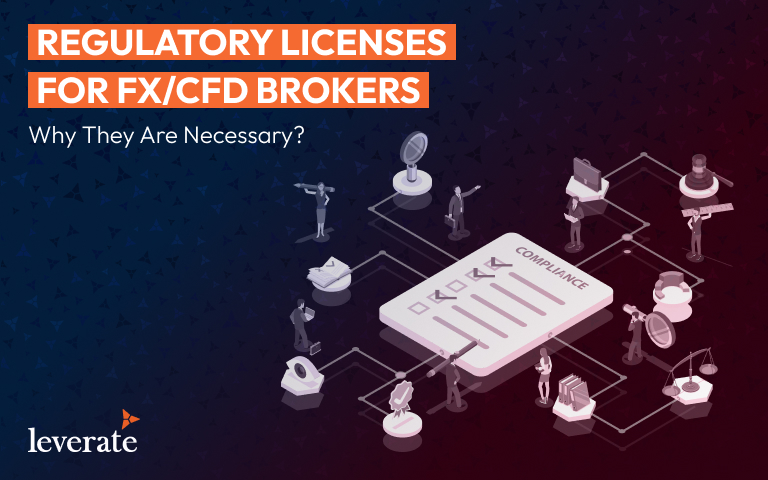
Month by month, the requirement for FX/CFD Brokers to hold a proper license becomes more important. Why? The main reason for this may surprise you. Keep reading.
In January of 2023, unlicensed Brokers worldwide received a nasty surprise. The Financial Services Authority of Saint Vincent and the Grenadines issued a directive stating that all FX Brokers, registered in SVG, had to prove that they had a legitimate license to operate in the jurisdictions of their customers. If not, “please find a new home”.
Most larger and mid-sized FX/CFD Brokers, who already had licenses in major jurisdictions such as CySEC, the FCA, and ASIC, submitted the proof to their local agents and carried on business as usual.
This is in line with the policies of responsible companies, like Levarate and other IT market leaders, to provide services only for licensed brokers.
In the beginning, most FX/CFD Brokers chose SVG and other smaller jurisdictions as a place to set up their business as they are a very inexpensive option. These countries do not issue licenses as such, but they offer an exemption from having one. The brokers and their banks, PSPs, tech providers, customers, etc., were comfortable with this arrangement for a few years.
Jurisdictional Integrity
To date, it is unclear as to what the FSA of SVG is doing about these “jurisdictionally challenged” brokers. Regardless, we all know why they took action in the first place. Many of these FX Brokers proved to be unreliable to their client base. When these FX Brokers closed their doors, clients could not contact them and they took the next logical step and complained vigorously to the FSA of Saint Vincent and the Grenadines.
A small country like SVG needs the business generated from investments, commerce, and tourism, and the last thing they need is a bad reputation created by some bad actors.
Many legitimate former Saint Vincent and the Grenadines brokers have applied for a license. This is a great move for the broker’s business and certainly a great move for the industry as a whole. However, a problem arises when the broker finds out that it takes many months to obtain a license from a recognized jurisdiction.
We have also recently seen FX licenses being issued by jurisdictions that traditionally catered to the gaming industry like Comoros and the Bahamas. Watch this space!
Can we Rely on the Regulators?
For those of us who have spent any time in the business, we have seen similar cycles before. Since the beginning of online trading, there have been those who would take advantage of unsuspecting retail traders. In these cases, regulators like the FCA, CySEC, ASIC, etc., took care of these unscrupulous brokers.
So? Will we have to rely on the regulators to weed out the remaining unlicensed brokers?
The Last Straw for Unregulated Brokers
Of course, regulators will always apply legislation and act where required but, we probably won’t have to wait for the regulators to take action this time around as another group, financial services, is carrying out a preemptive strike. Months ago, many banks, EMIs, and PSPs started closing the accounts of unlicensed brokers or at least barred new client deposits.
Conclusion
Even very recently the costs and the time involved in getting a proper license were unattractive or out of reach to small and startup brokerages. In the last few months, however, that attitude has changed. It is now almost impossible to get a bank account unless a legitimate license is in evidence.
Some jurisdictions like Mauritius include a bank account in a small regional bank. Other jurisdictions like Labuan include a bank account in a major Asian bank with global reach. Obtaining a major license like FCA, CySEC or ASIC allows a broker incredible flexibility when it comes to almost every aspect of business.
Also, certain banks and EMIs in Europe, for example, will require a broker to be an approved “payment agent”. This is now impossible without a license.
One thing is certain; the list of things that are “impossible without a license” is sure to grow.






